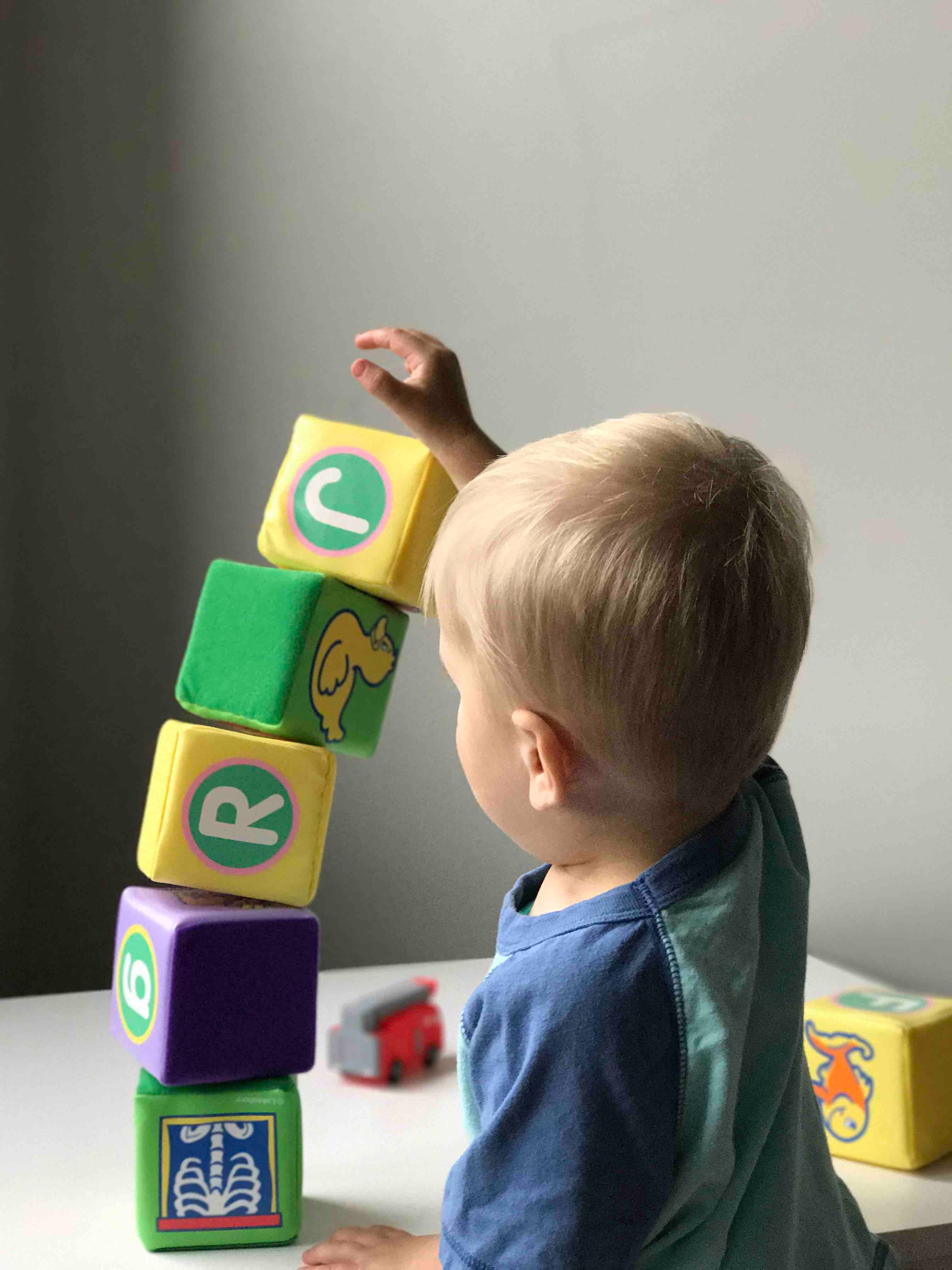Search

News & Events
How learning to talk is in the genesResearchers from Perth's The Kids Research Institute Australia have been part of an international study that has found that genetic factors contribute to the development of l
News & Events
Most late-talking toddlers turn out okThe study is the first of its kind to track language delay from two years of age through to late adolescence, using data collected from the long running Raine
News & Events
Late talking toddlers: new research debunks the mythsNew research findings from the world's largest study predicting children's late language emergence has revealed that parents are not to blame for late talking
Research
Common variation near ROBO2 is associated with expressive vocabulary in infancyIn this paper we conduct a genome-wide screen and follow-up study of expressive vocabulary in toddlers of European descent from up to four studies of the...
Research
Early Vocabulary Development of Australian Indigenous Children: Identifying StrengthsThe current study sought to increase our understanding of the factors involved in the early vocabulary development of Australian Indigenous children.
Research
Evidence for Distinct Cognitive Profiles in Autism Spectrum Disorders and Specific Language ImpairmentThis finding supports distinct cognitive profiles in ASD and SLI and may provide further evidence for distinct aetiological mechanisms in the two conditions.
Research
Population and Public Health Perspectives on Late Language Emergence at 24 Months as a Risk Indicator for Language Impairment at 7 YearsThe emergence of language during the toddler period is one of the most striking accomplishments in young children's development.
Research
The Dyslexia Candidate Locus on 2p12 Is Associated with General Cognitive Ability and White Matter StructureTo further explore the effect of disorder-associated genes on cognitive functions, we investigated whether they play a role in broader cognitive traits.
Research
Cerebral dominance for language function in adults with specific language impairment or autismA link between developmental language disorders and atypical cerebral lateralization has been postulated since the 1920s, but evidence has been indirect and...
Research
The recruitment and retention of Speech and Language Therapists: What do university students find important?The increasing need for speech and language therapy (SLT) services, coupled with poor employment retention rates, poses serious cost-benefit considerations.
